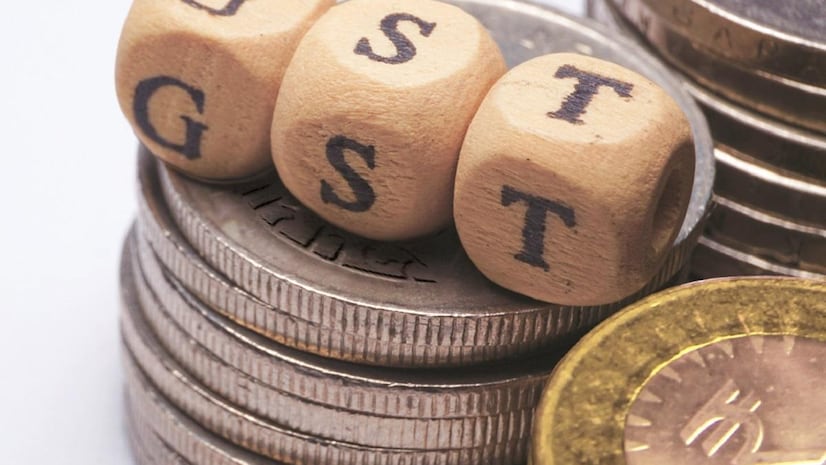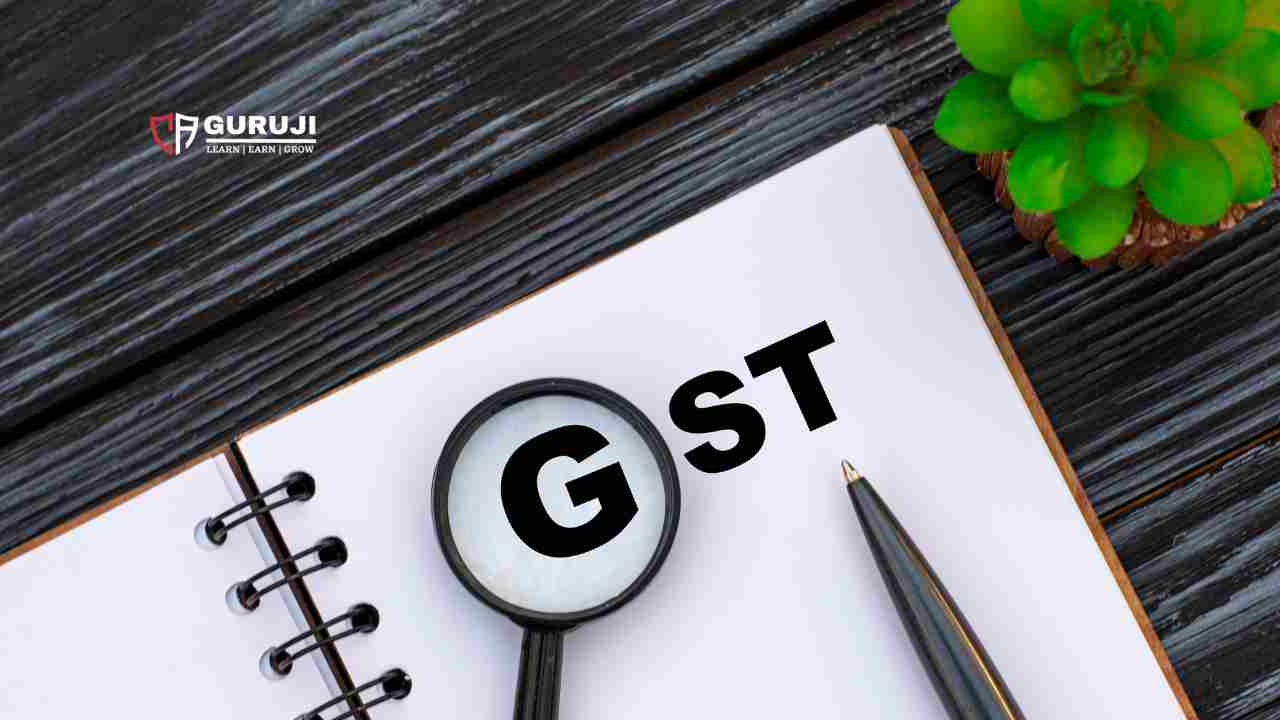Its name is not mentioned anywhere in sale or purchase invoices of transactions. It raises invoices to the parties only for the brokerage amount.
Besides, brokerage of agricultural produce charged to facilitate transactions between wholesalers and millers or farmers will draw 18 per cent GST, ruled the AAR.
Sandeep Sehgal, tax partner at AKM Global, said the case relates to Andhra Pradesh-based Gayatri Enterprises, a broker in agricultural produce such as urad dal and its varieties, moong dal and variants, toor, jowar and karamani. The company charges a fixed price per bag from the parties.
Its name is not mentioned anywhere in sale or purchase invoices of transactions. It raises invoices to the parties only for the brokerage amount.
The company obtained GST registration and charges 18 per cent tax, but was resisted by parties all over the country who said that GST is not applicable to agricultural produce and brokerage.
As such, the company sought directions from the AAR whether its activities such as de-husking, splitting of pulses will draw GST or not.
The AAR observed that the process of de-husking or splitting of pulses is usually not carried out by farmers or at farms but by pulse millers.
As such, pulses — dehusked or split — are also not agricultural produce. However, whole pulse grains such as whole gram, rajma are covered in the definition of agricultural produce, the AAR clarified.
Therefore, processed pulses fall outside the definition of agricultural produce and the exemption from GST is not available to them, said the AAR. It also held that the company’s work as a broker in pulses comes under the category of commission agent.
The applicant is required to pay 18 per cent GST, the rate applicable to the commission agent, irrespective of the fact whether the goods involved in the transaction are exempt or taxable under the GST regime, the AAR ruled.
Sehgal said the AAR has chosen to take a restricted view which underscores the complexities of taxation within the agricultural domain.
Visit www.cagurujiclasses.com for practical courses










